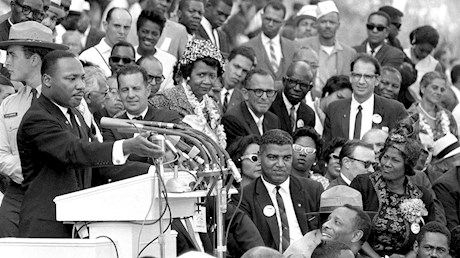Mental health issues in general and burnout, in particular, are real issues for pastors and leaders as we minister today in our complex world. We can’t ignore them. It’s easy to say, “I would never struggle with this” without realizing how much people actually do.
This topic is so important that this past December the Billy Graham Center at Wheaton College, in partnership with the Wheaton College School of Psychology, Counseling, and Family Therapy, hosted a GC2 Summit on Facing Hard Truths & Challenges of Pastoral Ministry. Below I want to share four ways to think about these issues.
First, pastoral balance is a myth, but seasons without balance almost always destroy.
Ministry is not the kind of role where we get to create the balance that is in our lives. We may establish some regular routines or prioritize our lives in the order of disciple, husband, father, and then pastor.
That’s great in theory, but it doesn’t work that way in everyday life. There are times when that phone call comes: a tragedy has happened, and you have to switch those things around, and your routine is rerouted.
You don’t plan four funerals in one week, but sometimes they happen. Learning to say no when possible can help, but there are times when you have to drop everything and go.
Pastoring comes in waves. Waves come in, and waves go out. If you’re always at high tide, your ministry won’t last. Or to change the metaphor, we need both a thermometer and a thermostat in our lives to help us with the ebb and flow of ministry.
The thermometer says, “I’m burning a fever, doing too much, too fast, too soon.” It alerts us when we are about to crash. We also need a thermostat to help …
News brought to you by Christianity Today




